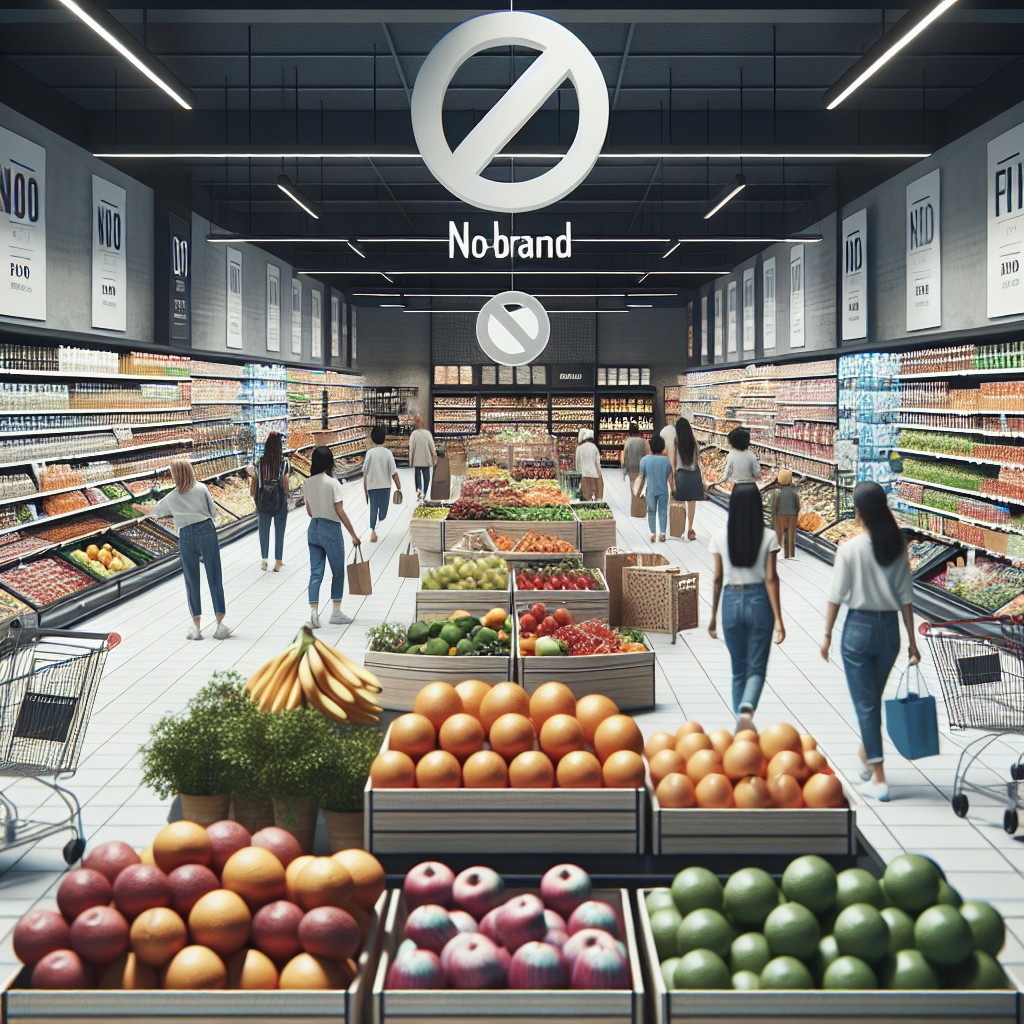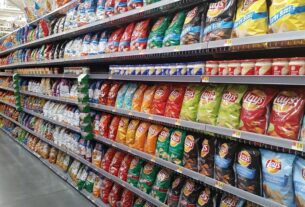The State of the Global Grocery Retail Industry in 2025: Trends, Challenges, and Opportunities
Introduction
The grocery retail industry is undergoing a significant transformation with the rise of smart stores. These innovative stores leverage technology to enhance the shopping experience for consumers and streamline operations for retailers. In this report, we will explore how smart stores are revolutionizing the grocery industry and the impact they are having on market dynamics.
Overview of the Grocery Retail Industry
According to a recent report by CulinaryCoverage.com, the global grocery retail industry is projected to reach a value of $11.7 trillion by 2025. The industry is highly competitive, with major players like Walmart, Amazon, and Tesco dominating the market. In recent years, traditional brick-and-mortar stores have faced increasing competition from online retailers, leading to a shift in consumer shopping habits.
Market Share
Walmart currently holds the largest market share in the grocery industry, followed closely by Amazon and Costco. However, online retailers like Amazon are rapidly gaining ground, with their convenient delivery options and competitive pricing attracting a growing number of consumers.
Challenges
One of the biggest challenges facing the grocery industry is the need to adapt to changing consumer preferences. Millennials and Gen Z consumers, in particular, are demanding more convenience, variety, and sustainability in their shopping experiences. Retailers must also contend with rising labor costs, supply chain disruptions, and evolving regulatory requirements.
How Smart Stores Are Revolutionizing the Industry
Smart stores are revolutionizing the grocery industry by incorporating cutting-edge technology to enhance the shopping experience and optimize operations. These stores utilize a combination of IoT devices, artificial intelligence, and data analytics to provide personalized recommendations, streamline checkout processes, and improve inventory management.
Personalized Shopping Experiences
One of the key benefits of smart stores is their ability to offer personalized shopping experiences to consumers. By analyzing data from loyalty programs, purchase history, and online interactions, smart stores can recommend products tailored to each individual’s preferences. For example, a smart store might suggest recipes based on a customer’s dietary restrictions or offer discounts on frequently purchased items.
Streamlined Operations
In addition to enhancing the shopping experience, smart stores are also revolutionizing operations for retailers. By automating tasks like inventory management, restocking, and checkout processes, smart stores can reduce labor costs, minimize waste, and improve overall efficiency. For example, RFID technology can track inventory levels in real-time, alerting store staff when products need to be restocked.
Future Outlook
The future of the grocery industry is increasingly becoming intertwined with smart store technology. As consumer expectations continue to evolve, retailers will need to invest in innovative solutions to stay competitive. Smart stores offer a glimpse into the future of retail, where convenience, personalization, and efficiency are paramount.
Opportunities for Growth
Despite the challenges facing the grocery industry, there are also significant opportunities for growth. By embracing smart store technology, retailers can differentiate themselves from competitors, attract new customers, and drive sales. For example, implementing self-checkout kiosks or mobile payment options can improve the shopping experience for tech-savvy consumers.
Key Trends to Watch
Several key trends are shaping the future of the grocery industry, including the rise of online grocery shopping, the increasing demand for sustainable products, and the adoption of contactless payment methods. Retailers that stay ahead of these trends and leverage smart store technology will be well-positioned for success in the years to come.
Conclusion
In conclusion, smart stores are revolutionizing the grocery industry by leveraging technology to enhance the shopping experience and optimize operations. As consumer preferences continue to evolve, retailers must adapt to stay competitive. By investing in smart store technology and staying ahead of key trends, retailers can position themselves for long-term success in the rapidly changing grocery retail landscape.



